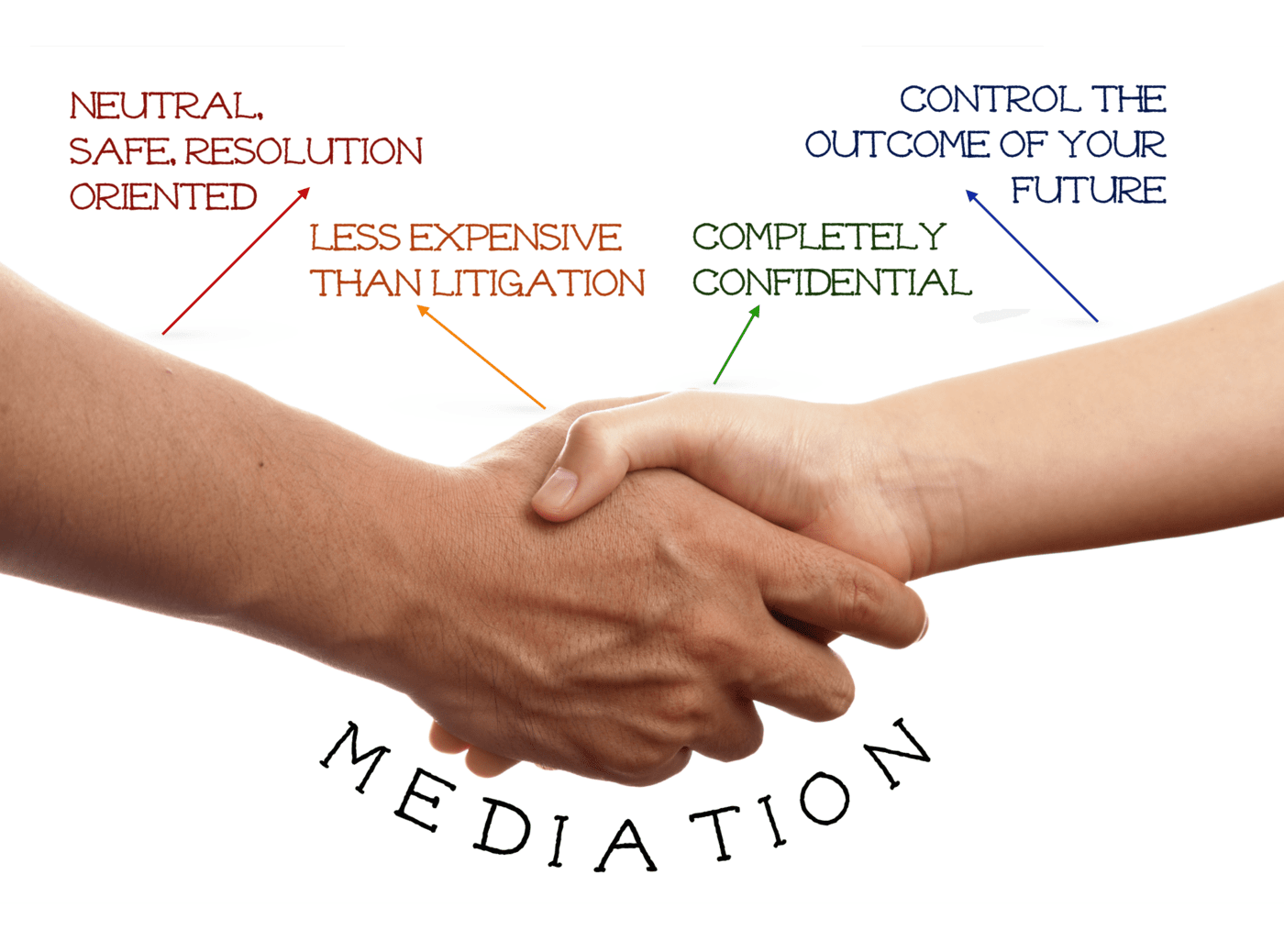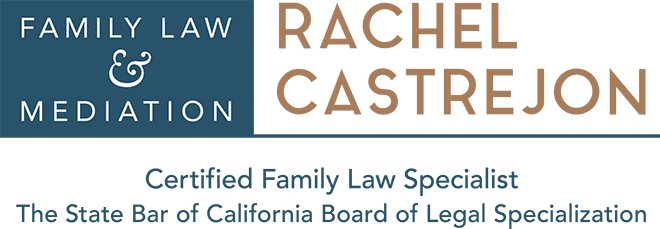What are the benefits of Mediation In the Family Law Context?

There are four primary benefits to mediation:
-
- The parties can control the outcome of their case.
-
- Reduced Cost
- Less antagonism and emotional drain.
- Mediation is confidential.
In addition to the cost savings detailed above, mediation is a way for the divorcing couple to control the outcome of the case. When a case is not mediated and the parties have the court decide issues, the court is bound by certain rules and cannot deviate from those rules. In mediation, the parties can be creative in dividing property, continuing to hold property jointly, payments of spousal support and developing parenting plans. The mediator should assist you in achieving both parties’ goals for your family post-divorce. For instance, in certain cases it might be important for a spouse receiving spousal support to receive a lump sum at the outset of the divorce rather than receiving payments over time. Mediation allows a divorcing couple to agree on a one-time lump sum buyout of spousal support (aka alimony) while a court can only order monthly, ongoing payments if there is no agreement by the parties.
Mediation generally decreases the cost of getting divorced as an efficient mediator will usually help the parties resolve matters in a few two-hour sessions. Thus, the parties are incurring the cost of one mediator, rather than paying two attorneys to prepare documents to submit to the court.
Unlike the litigation process which often requires parties to submit filings to the court, which can create a lot of stress and cause the parties to make public very private matters, the mediation process enables parties to exchange information in a more informal way. Thus, the exchange of information is less anxiety provoking.
Finally, mediation is confidential. That means that you can discuss matters freely during mediation without worrying that the mediator will be called to court to testify about what was said. The open lines of communication allow for a more honest and family centered approach to mediation.
